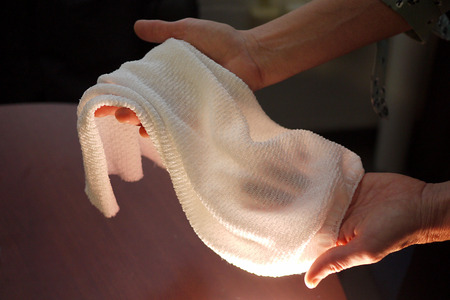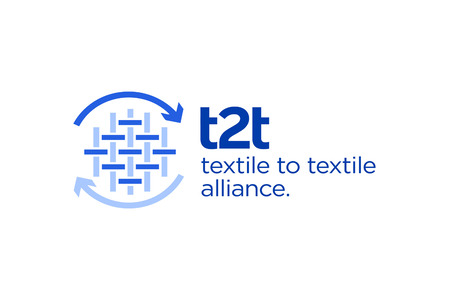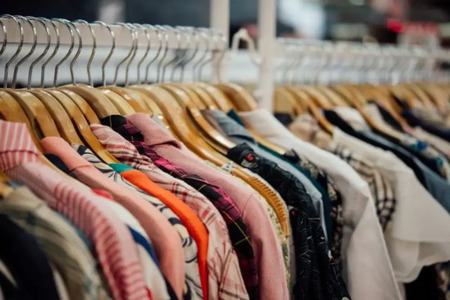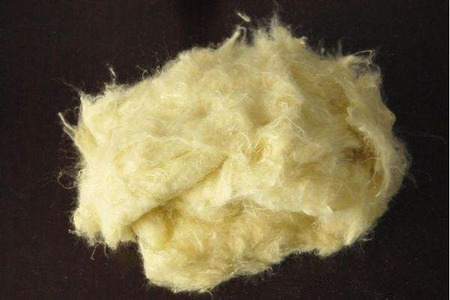
Indonesian property developers to set up textile complex in Central Java
YarnsandFibers News Bureau 2015-08-12 14:00:00 – JakartaPT Jababeka and Singapore-based Sembcorp Development Indonesia Ltd., the two publicly listed Indonesian property developers are planning to set up an industrial textile complex inside the Kendal Industrial Complex (KIK) in Central Java which will strengthen the local domestic textile industry.
Jababeka chairman SD Darmono at a discussion in Central Jakarta said that the concept of the complex would mirror the complex in Jababeka, Bekasi, West Java, but would be used solely for textiles.
The KIK project, which is currently being built on a 2,700-hectare plot of land, does not have a target date for completion. Darmono said that his firm had acquired 630 hectares of land worth Rp 400 billion (US$29.5 million) for the textile cluster, and that the size would be increased according to the number of tenants.
The KIK project is 51 percent owned by Jababeka, with the remaining 49 percent owned by Sembcorp. The two companies have not published a total investment value of the project because they are currently still at the stage of land acquisition.
The local textiles industry is, according to Darmono, currently facing challenges including increasing labor costs, limited raw materials and high lending rates. The industry would benefit from a skilled workforce.
He said that they want to build a training and research center in the complex, it will also include hospitals, sport centers and housing for workers. Jababeka would collaborate with the government to develop housing for workers to lease.
The Industry Ministry’s director general for the textile and chemical industry, Harjanto, said that the government had always been supportive of the development of labor intensive industries like the textile industry.
The government was currently working to help such industries by providing training for workers and conducting promotion overseas.
According to the latest data available, Indonesia’s main export destinations for textile and textile products are the US, Japan, Turkey, Germany and South Korea, But the country’s share in textile trading with major partners, excluding Japan, declined from 2007 to 2013, as neighboring countries such as Vietnam and Cambodia gained traction.
Apart from external factors, domestic challenges are on the rise for the textile industry, including the new automatic electricity-price adjustments and a weaker rupiah, which has lead to higher costs placing a financial burden on the industry.
Market Intelligence
Ask for free sample Report

experience
Customer Base
dedicated team
Countries Served Worldwide









